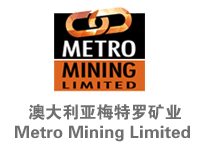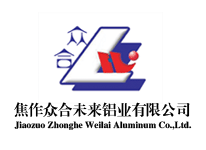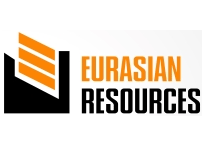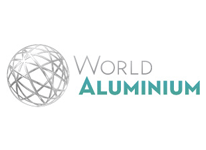Host

Sponsor
Supporter
HISTORY
World Aluminum Raw Materials Summit 2015
May 20-21, 2015 Qingdao, China
World Aluminum Raw Materials Summit 2014
May 28-30, 2014 Yantai, China
Asian Bauxite and Nickel Ore Investment & Trading Summit 2013
September 23-25, 2013 Bali, Indonesia
World Aluminum Raw Materials Summit 2013
May 15-17, 2013 Xining, China
World Aluminum Raw Materials Summit 2012
May 9-11, 2012 Taiyuan, China
World Aluminum Raw Materials Summit 2011
May 18-20, 2011 Luoyang, China
World Alumina Forum 2010
May 13-14, 2010 Qingdao, China
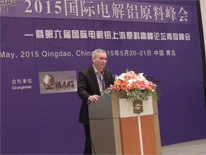
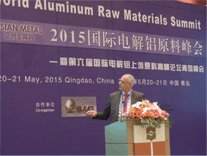
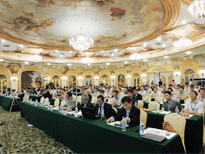
- Overview
- ♦Electrolytic aluminum overcapacity attracts attention of Chinese government, prompting “Supply Reforms”
- At the end of 2015, China’s central government began calling for "Supply Reforms”. The electrolytic aluminum market remains sluggish with aluminum plants suffering greater losses. Therefore, it is urgent we solve the overcapacity problem. The adjustment and optimization of Chinese electrolytic aluminum capacity will bring about new opportunities and challenges for the alumina industry.
- ♦China speeds up exploration of overseas bauxite resources
- China has accelerated the pace of overseas bauxite resource exploration after Indonesia halted bauxite exports. Malaysia has become the largest bauxite supplier to China, overtaking Australia. Meanwhile, China has made substantive progress on bauxite exploration in Guinea.
- ♦China faces more intense competition in aluminum fluoride export market
- With Europe and the Middle East witnessing an increase in aluminum fluoride supply, China is facing more intense export competition. The rate at which China’s new aluminum fluoride capacity is released has begun to slow, reducing the supply pressure in the domestic market.
- ♦Carbon industry faces challenges after aluminum smelters in Xinjiang build their own carbon plants
- China's carbon manufacturers are facing shrinking demand because electrolytic aluminum smelting plants in Xinjiang and other places are continuing to step up construction of carbon plants for their own use. At the same time, environmental protection policies and regulations have become stricter, increasing the pressure on small carbon manufacturers.
